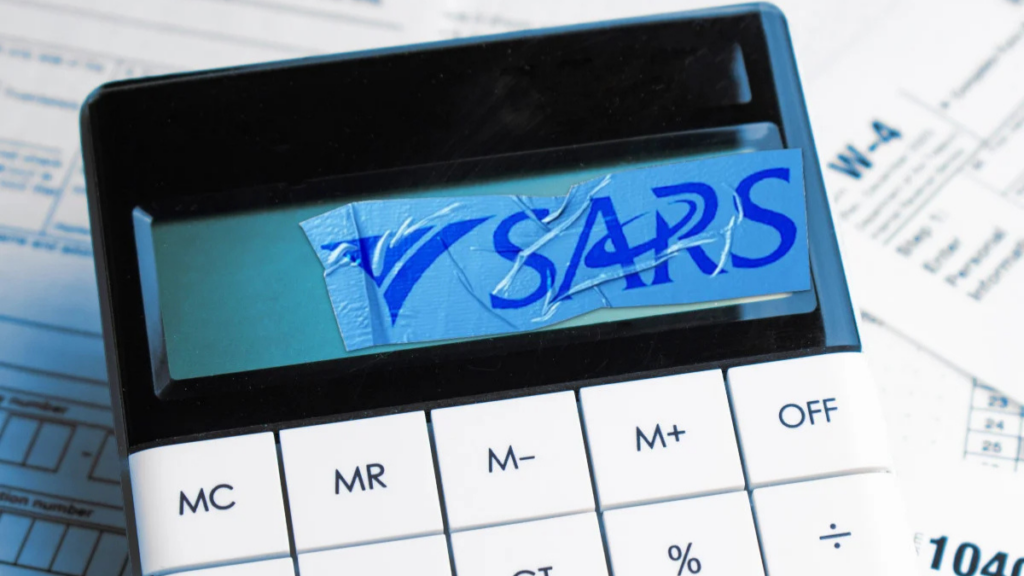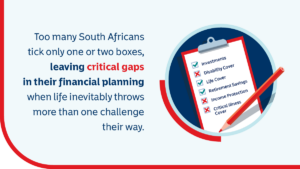Tax return warning for anyone earning more than R500,000 a year

South African taxpayers are required by law to submit their tax returns, and failing to do so is a criminal offence.
Tax experts have warned that the South African Revenue Service (SARS) is on a warpath against non-compliance and will do everything in its power to pursue taxpayers who are dodging their obligations.
While certain categories of taxpayers are exempt from filing a return — including those who earn less than R500,000 a year or who have already been auto-assessed — for the rest, filing is compulsory.
According to Johan Werth, a financial adviser from Consult by Momentum, South African residents and non-residents who earned income during the tax year are obligated to file a return.
This includes any individuals who have capital gains, foreign income, or receive dividends not subject to automatic withholding tax.
Anyone earning income from multiple sources (such as a salary and rental income) or provisional taxpayers who earn income not subject to pay-as-you-earn (PAYE) is also required to file.
Technically, anyone who has earned over the tax threshold of R95,750 is also required to file a return. However, SARS grants those earning under R500,000 an exemption from filing.
But Werth warned that it is a mistake to think that earning under R500,000 puts a taxpayer in the clear.
The exemption for those earning under R500,000 comes with a host of conditions, such as the requirement that the money earned is earned from a single source and has already had tax deducted or withheld.
It is also on condition that the taxpayer was not paid or granted certain allowances relating to business travel, accommodation or subsistence.
Any taxpayer who has received or accrued any amount from services outside South Africa also won’t be exempted, even if they earn under the R500,000 threshold.
But even if a taxpayer is exempt from filing, Werth urged all taxpayers to at the very least check their compliance status on SARS eFiling or with a tax practitioner.
He stressed that it is a criminal offence not to file when legally required, so it is better to be safe than sorry.
“You can see if you’re liable to submit a return by checking to see if there are communications from SARS or by using the SARS website,” he said.
What happens if you don’t pay?

Failure to file a return when required can be costly, even if SARS owes taxpayers a refund.
If found non-compliant, SARS may impose monthly administrative penalties of up to R16,000, initiate legal action, and block access to essential services like home loans or emigration clearance.
For those who have been shirking their filing obligations in the past, SARS is likely to issue a letter of demand, which cannot be ignored.
A letter of demand is SARS’ ‘final warning’ to taxpayers before things get messy, and failure to heed the warning may lead to severe punitive measures, including taking civil judgment against the defaulting taxpayer, or even criminal prosecution.
If SARS audits a taxpayer or submits a request for verification or relevant information, in some extreme instances, taxpayers may have as little as three working days to cooperate.
Again, failure to comply could lead to criminal prosecution.
In both cases, once the revenue service has determined the amount owed, taxpayers are expected to pay the amount in full within 10 business days of the letter of demand being issued.
Werth said taxpayers should take control of their tax affairs as soon as possible and be proactive in dealing with SARS.
He warned taxpayers to avoid common pitfalls, such as ignoring communication from SARS, missing deadlines, having incomplete information and documentation, or not claiming their full deduction.
Poor document management is a significant risk, he said.
“Failing to keep receipts, logs, or tax certificates puts you at risk in an audit. Store everything digitally for at least five years,” he said.




















